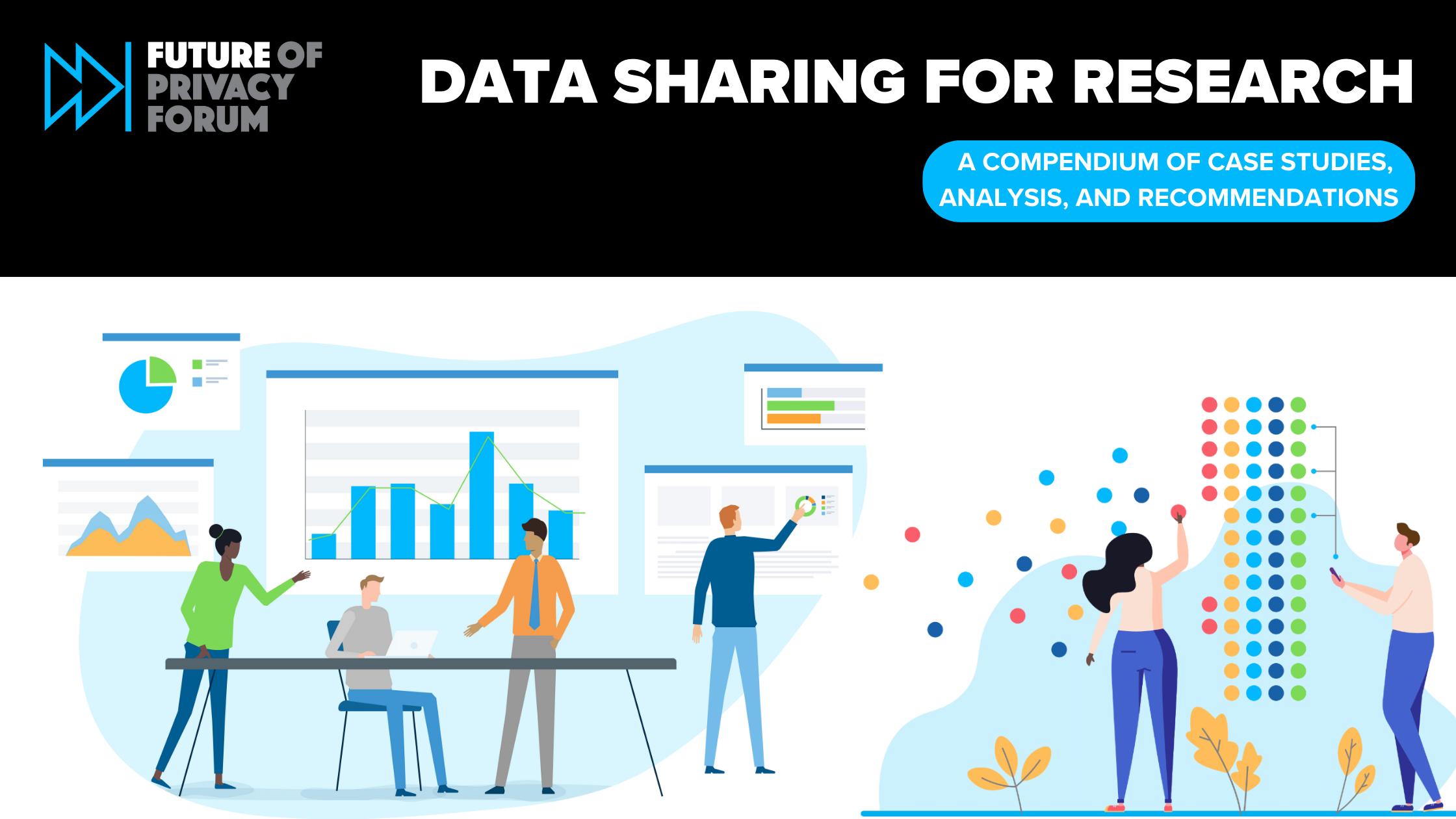
Five Big Questions (and Zero Predictions) for the U.S. State Privacy Landscape in 2024
Entering 2024, the United States now stands alone as the sole G20 nation without a comprehensive, national framework governing the collection and use of personal data. With bipartisan efforts to enact federal privacy legislation once again languishing in Congress, state-level activity on privacy dramatically accelerated in 2023. As the dust from this year settles, we […]

Sponsorship Offerings at FPF
The Future of Privacy Forum (FPF) is a global non-profit organization that brings together industry, academics, civil society, policymakers, and other stakeholders to explore the challenges posed by technological innovation and develop privacy protections, ethical norms, and workable business practices. We are an independent and pragmatic voice for privacy regulation and take on the tough issues […]

Beth Do

Navigating Cross-Border Data Transfers in the Asia-Pacific region (APAC): Analyzing Legal Developments from 2021 to 2023
Today, the Future of Privacy Forum (FPF) published an Issue Brief comparatively analyzing cross-border data transfer provisions in new data protection laws in the Asia-Pacific. Titled Navigating Cross-Border Data Transfers in the Asia-Pacific region (APAC): Analyzing Legal Developments from 2021 to 2023, the Issue Brief outlines key developments in cross-border data transfers in the Asia-Pacific […]

Navigating Privacy-Enhancing Technologies: Key Takeaways from the Inaugural Meeting of the Global PETs Network
In recent years, privacy-enhancing technologies (PETs) have been an increasingly popular subject on regulators’ and policymakers’ agendas. Whether by issuing guidance about these types of tools (Canada’s Office of the Privacy Commissioner; United Kingdom’s Information Commissioner’s Office; Organisation for Economic Co-operation and Development), setting up regulatory sandboxes (Singapore’s Personal Data Protection Commission; Colombia’s Superintendence of […]

EU’s Digital Services Act Just Became Applicable: Outlining Ten Key Areas of Interplay with the GDPR
DSA: What’s in a Name? The European Union’s (EU) Digital Services Act (DSA) is a first-of-its-kind regulatory framework, with which the bloc hopes to set an international benchmark for regulating online intermediaries and improving online safety. The DSA establishes a range of legal obligations, from content removal requirements, prohibitions to engage in manipulative design and […]

Data Sharing for Research: A Compendium of Case Studies, Analysis, and Recommendations
Today, the Future of Privacy Forum (FPF) published a report on corporate-academic partnerships that provides practical recommendations for companies and researchers who want to share data for research. The Report, Data Sharing for Research: A Compendium of Case Studies, Analysis, and Recommendations, demonstrates how, for many organizations, data-sharing partnerships are transitioning from being considered an […]

The Digital Personal Data Protection Act of India, Explained
Authors: Raktima Roy, Gabriela Zanfir-Fortuna Raktima Roy is a Privacy Attorney with several years of experience in India and holds an LLM in Law and Technology from Georgetown University, as well as an FPF Global Privacy Intern. The Digital Personal Data Protection Act of India (DPDP) sprinted through its final stages last week after several years […]

FPF at Singapore PDP Week 2023: Navigating Governance Frameworks for Generative AI Systems in the Asia-Pacific
Authors: Cheng Kit Pang, Elena Guañuna, Alistair Simmons, and Matthew Rostick Cheng Kit Pang, Elena Guañuna, Alistair Simmons, and Matthew Rostick are FPF Global Privacy Interns. From July 18 to July 21, 2023, the Personal Data Protection Commission (PDPC) of Singapore held its annual Personal Data Protection Week (PDP Week), which overlapped with the IAPP’s […]

Old Laws & New Tech: As Courts Wrestle with Tough Questions under US Biometric Laws, Immersive Tech Raises New Challenges
Extended reality (XR) technologies often rely on users’ body-based data, particularly information about their eyes, hands, and body position, to create realistic, interactive experiences. However, data derived from individuals’ bodies can pose serious privacy and data protection risks for people. It can also create substantial liability risks for organizations, given the growing volume of lawsuits […]
